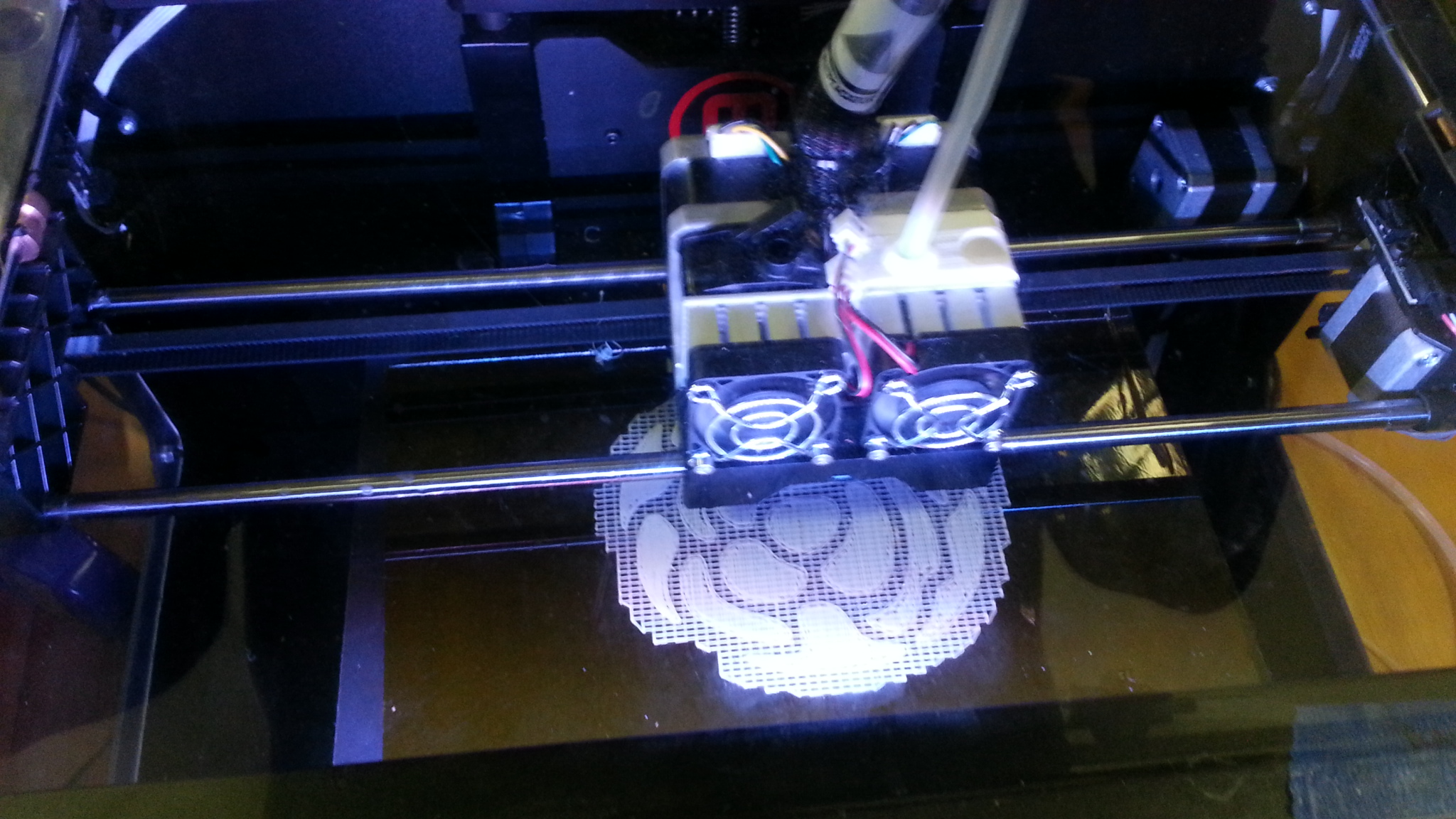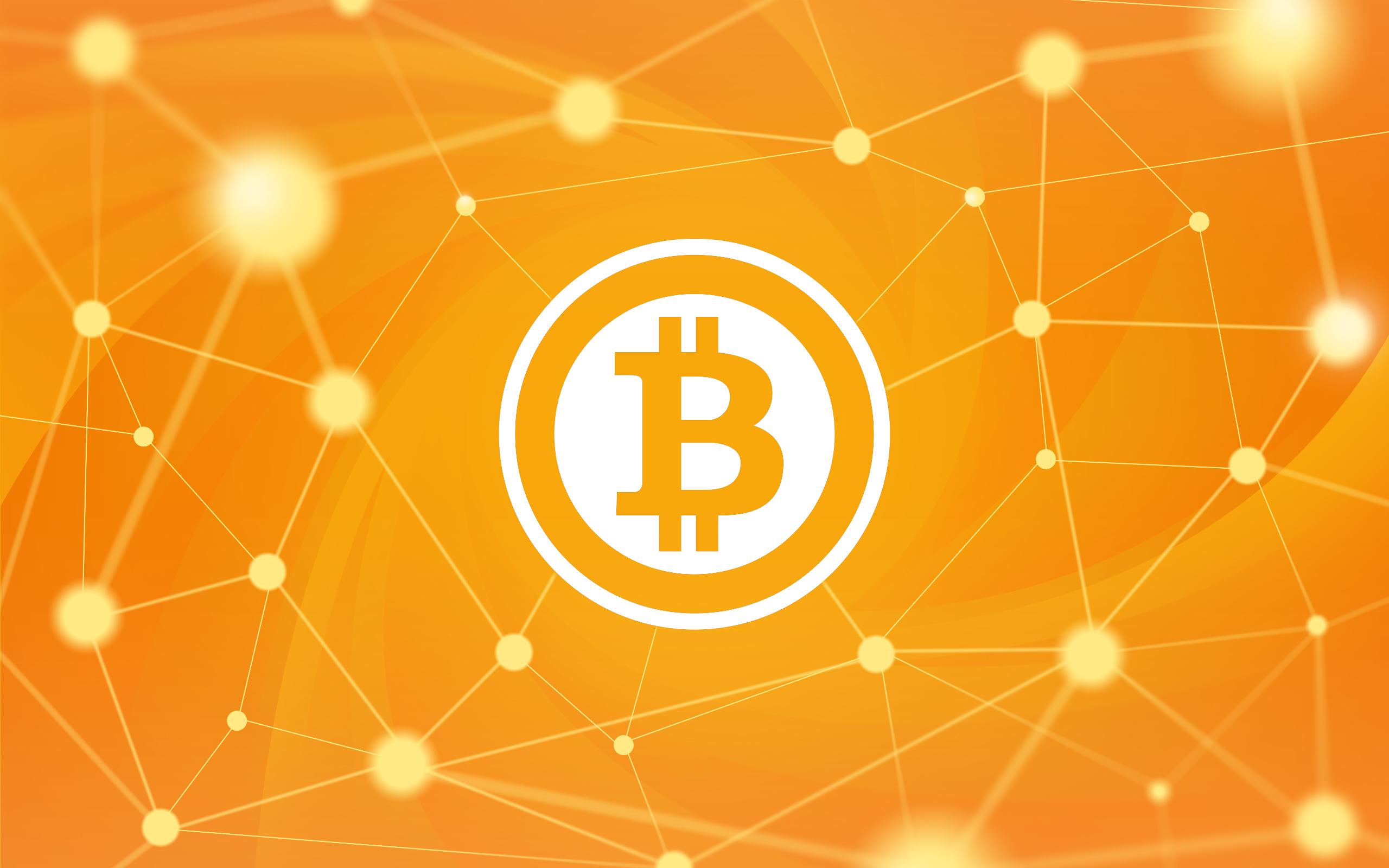(Image Source: https://flic.kr/p/kvjYDJ) 3D Printing in India 3D printing in india was initially quite stagnant, but a sudden boom in 3D printing startups has created a whole culture of 3D printer industries. Most of the Indian startups aim to make a cost effective 3D printer. While they currently aim at industries, they will soon design products for regular people as they try…
Tag: Regulation
Regulating a Revolution – 3D Printing
(Image Source: https://flic.kr/p/kvjYDJ) 3D printing is currently one of the biggest buzzwords in technologically inclined circles. And yet grand format flatbed printers and other printers, it is not in and of itself a new technology, and has been in existence since 1984. The current increase in its popularity is because it is only now becoming…
Law Commission Media Law Consultation – Panel V, Social Media
(Image Source: https://flic.kr/p/e5wZ3t) The following is a post by Aman Gupta, a fourth year student at NUJS, covering the fifth panel of the Law Commission’s Media Law Consultation. Aman is currently the Director of the NUJS Society of International Law and Policy, and his areas of interest include Sports Law and Media Law. This post brings forward some…
Law Commission Media Law Consultation – Panel I, Self Regulation v. Statutory Regulation
(Image Source: https://flic.kr/p/hzrA2W) The following is a post by Shashank Singh, a third year student at NUJS, covering the first panel of the Law Commission’s ongoing Media Law Consultation, Self-Regulation v. Structural Regulation. Shashank currently serves as Associate Editor for the NUJS Law Review, and his areas of interest include Constitutional Law, Media Law and IPR. The Law…
An Explanation of Bitcoins, Part II (The Technology)
(Image Source: https://flic.kr/p/e9LG7B) (This post is based in part on a paper earlier published by Rostrum Law Review) This post first explains the Bitcoin Network itself and some of its vulnerabilities, and then the cyptography used by Bitcoins that gives it the title of Cryptocurrency.



